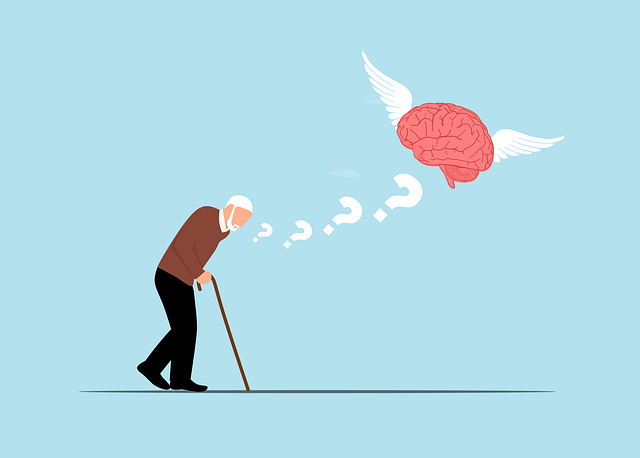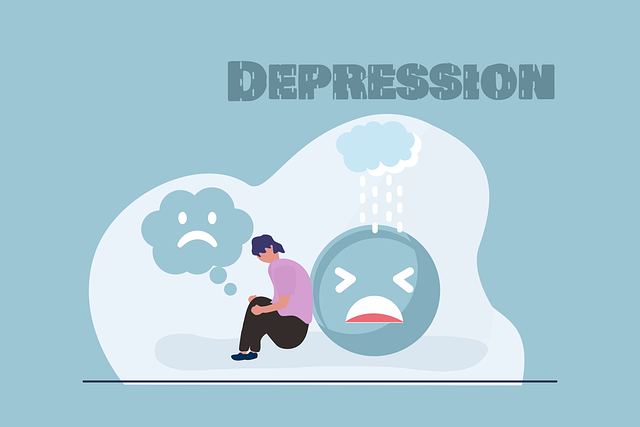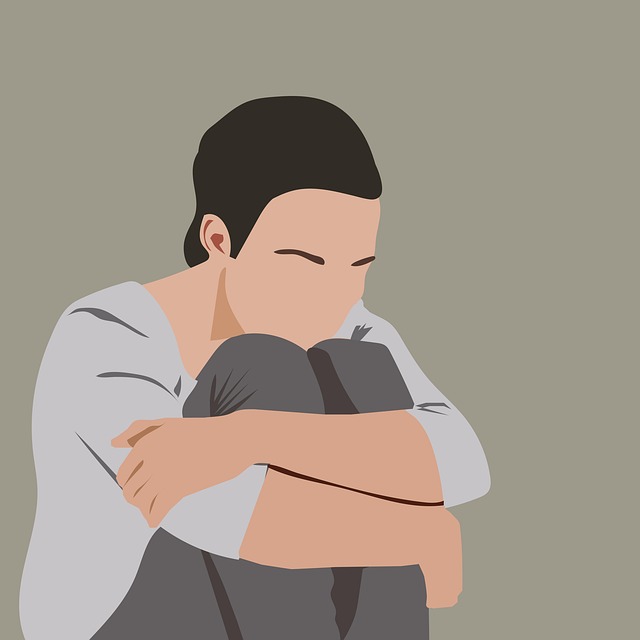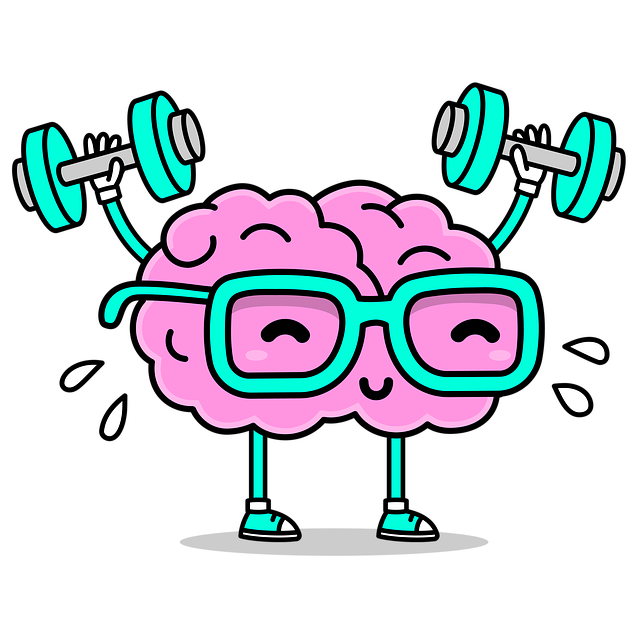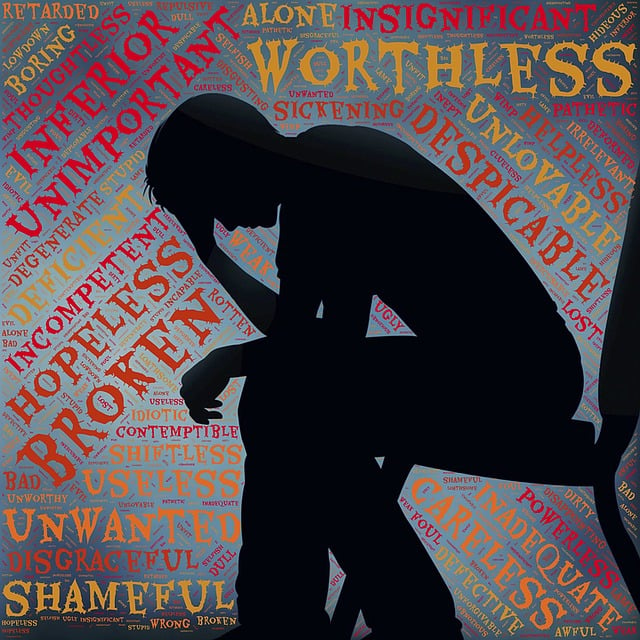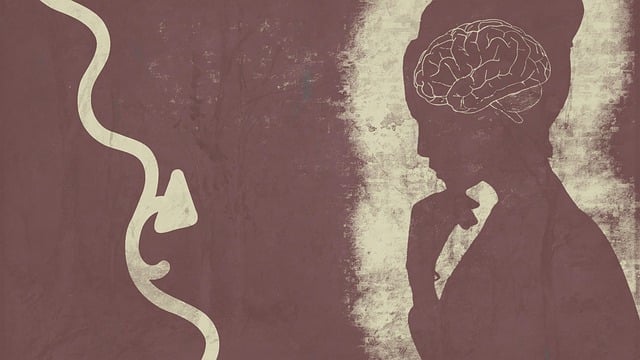Wheat Ridge Bipolar Disorder Therapy offers a unique, evidence-based approach to mental wellness through group facilitation. By creating a supportive community, facilitators enable individuals to connect, share experiences, and provide mutual support, leveraging social connection for enhanced well-being. Using techniques like CBT, the program equips clients with emotion regulation skills and coping strategies tailored to their needs. Group dynamics, podcast series, and risk management planning contribute to proactive mental health management, normalizing conversations and reducing stigma. Through inclusive practices, journaling exercises, and reflective activities, the program fosters emotional well-being, self-care routines, and a collective sense of growth within the group.
Mental wellness group facilitation plays a pivotal role in supporting individuals with bipolar disorder, such as those seeking Wheat Ridge Bipolar Disorder Therapy. This article explores effective techniques for facilitating these groups, focusing on creating a safe and inclusive environment. We delve into strategies that enhance engagement, encourage open communication, and foster peer support. By understanding the unique dynamics of mental wellness groups, facilitators can significantly impact the therapeutic journey, promoting healing and improved mental health outcomes.
- Understanding Mental Wellness Group Facilitation
- Techniques for Effective Wheat Ridge Bipolar Disorder Therapy
- Creating a Supportive and Inclusive Group Environment
Understanding Mental Wellness Group Facilitation

Mental wellness group facilitation is a specialized skill that goes beyond traditional therapy settings. It involves creating a safe and supportive environment where individuals with shared experiences or challenges can connect, share their stories, and offer mutual support. This approach recognizes the power of community and social connection in enhancing mental wellness. Facilitators play a crucial role in guiding these groups, ensuring participants feel heard, respected, and valued.
In the context of Wheat Ridge Bipolar Disorder Therapy, group facilitation techniques can foster inner strength development among individuals navigating this complex condition. By fostering open dialogue and cultural sensitivity in mental healthcare practice, facilitators create an inclusive space where members learn from one another’s unique perspectives. This process not only enhances understanding but also promotes coping strategies tailored to individual needs, ultimately contributing to improved mental wellness outcomes.
Techniques for Effective Wheat Ridge Bipolar Disorder Therapy

Wheat Ridge Bipolar Disorder Therapy focuses on tailored strategies to manage this complex mental health condition. Facilitators employ a range of effective techniques, such as cognitive-behavioral therapy (CBT), which helps individuals identify and challenge distorted thinking patterns associated with bipolar disorder. By teaching emotional regulation skills, CBT empowers patients to stabilize their moods and reduce the impact of depressive and manic episodes.
Additionally, group dynamics can be leveraged for collective support and shared understanding. Mental wellness podcast series production can capture these sessions, offering valuable resources for both participants and professionals. Risk management planning is another crucial aspect, where facilitators guide clients in developing personalized strategies to recognize early warning signs and implement coping mechanisms. This proactive approach ensures individuals with bipolar disorder can effectively navigate their mental health journey.
Creating a Supportive and Inclusive Group Environment

Creating a supportive and inclusive group environment is paramount in mental wellness facilitation. This begins with fostering an atmosphere where every participant feels seen, heard, and valued. Group leaders should encourage active participation by ensuring everyone has a chance to share their experiences, perspectives, and ideas without judgment. Techniques like round-robin discussions, where each member takes turns speaking, promote equal involvement. Additionally, using inclusive language and respecting diverse backgrounds, beliefs, and identities helps build a safe space that encourages vulnerability and emotional expression.
Wheat Ridge Bipolar Disorder Therapy leverages this environment to teach individuals effective coping strategies and emotional well-being promotion techniques. Group members learn from one another, benefiting from shared experiences. Encouraging open dialogue around challenges and successes normalizes mental health conversations, reducing stigma. Furthermore, activities such as mental wellness journaling exercises can be introduced to support self-care routine development for better mental health. This not only enhances individual reflection but also creates a collective sense of growth and understanding within the group.
Mental wellness group facilitation plays a pivotal role in supporting individuals with bipolar disorder, such as those seeking Wheat Ridge Bipolar Disorder Therapy. By fostering a supportive and inclusive environment, facilitators can empower participants to navigate their mental health journeys effectively. The techniques outlined, from understanding the unique dynamics of group settings to creating safe spaces, are essential tools for enhancing therapy outcomes and promoting overall well-being. Through these practices, groups can become powerful networks where individuals find support, gain insights, and cultivate resilience.

